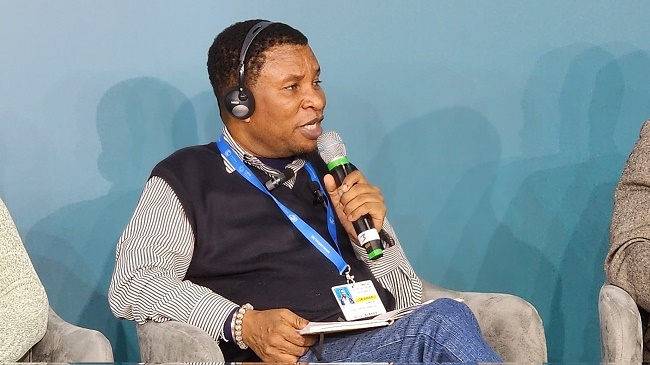Despite acknowledging the widening financial gaps and barriers faced by developing nations, the NCQG text, says the Pan African Climate Justice Alliance (PACJA) in a reaction to the document, points out that it lacks meaningful commitments from developed countries

In less than 48 hours, COP29 climate negotiations will come to a close. In the wee hours of the night, a new text on the New Collective Quantified Goal (NCQG) was released and it is profoundly disappointing.
We are outraged by this latest iteration, which utterly fails to meet the expectations of many. Despite acknowledging the widening financial gaps and barriers faced by developing nations, the text lacks meaningful commitments from developed countries.
It is the AGN which christened COP29 as the “COP of climate finance”. There was a reason for this – it raised the expectations of the vulnerable communities particularly from Africa, and it was seen as beacon of hope especially on the ever-elusive climate finance agenda.
Africa and its allies within the G77 and China negotiating block are clear on their demand for $1.3 trillion quantum of climate finance that is new, additional, predictable, grant-based, and non-debtinducing to address the existential threats of climate change. This quantum is informed by needs of vulnerable communities in developing countries.
It is disheartening that just a few hours before the curtains fall on COP29, Parties have not agreed on the most-awaited quantum as essential element for NCQG. Paragraph 6 of the text estimates the costed needs in Nationally Determined Contributions of developing countries at $5.036 – 6.876 trillion up until 2030.
We are greatly concerned that paragraph 39 of the draft text allegedly driven by developed countries proposes at least $220 billion for LDCs and at least $39 billion for SIDS. In addition to this being ridiculously low and undoubtful on the format with which the figures were reached, we find this throwing of figures as veiled attempt to use money to fragment poor countries based on their vulnerabilities.
The text also cynically prioritises concessional loans and mixed sources (public private and innovative sources), shifting the burden onto the very countries least responsible for the climate crisis and most impacted by its devastating effects.
Based on the foregoing, we thus demand the following:
1) The Parties to immediately revise the released text to address all the issues presented by the AGN, which they seem to blatantly ignore.
2) We reiterate that the goal must reflect the proposal by the AGN on provision of least $1.3 trillion from 2025-2035 to address adaptation, mitigation and loss and damage needs.
3) The quantum must be mobilised by developed countries and from public sources. We vehemently oppose inclusion of funds mobilised as loans, “Innovative and alternative sources” or private sector investments in reporting on delivery of the quantum.
